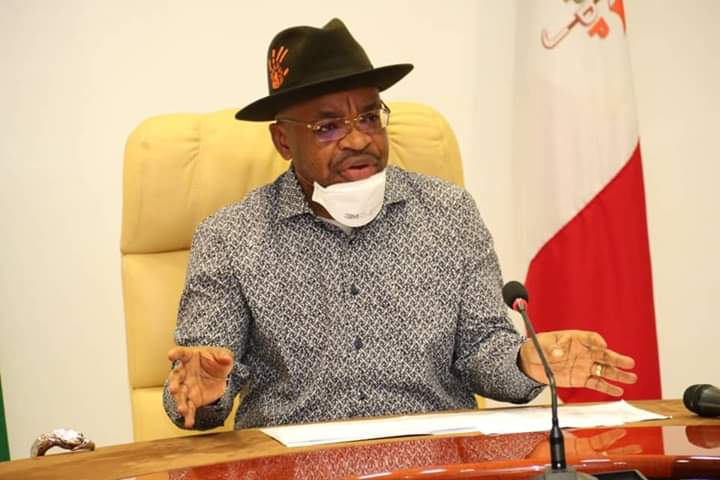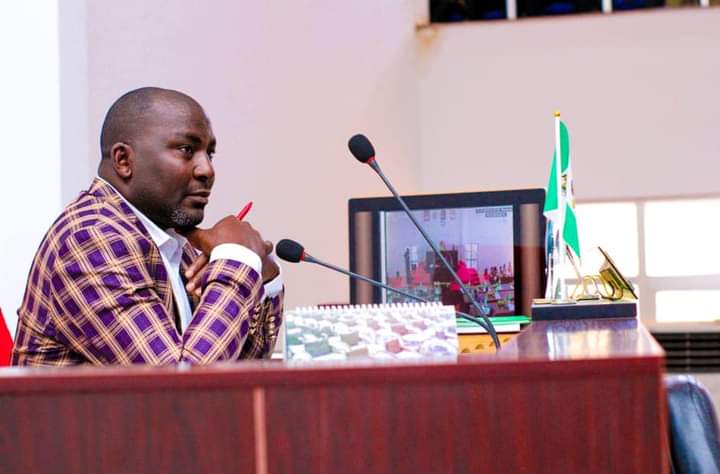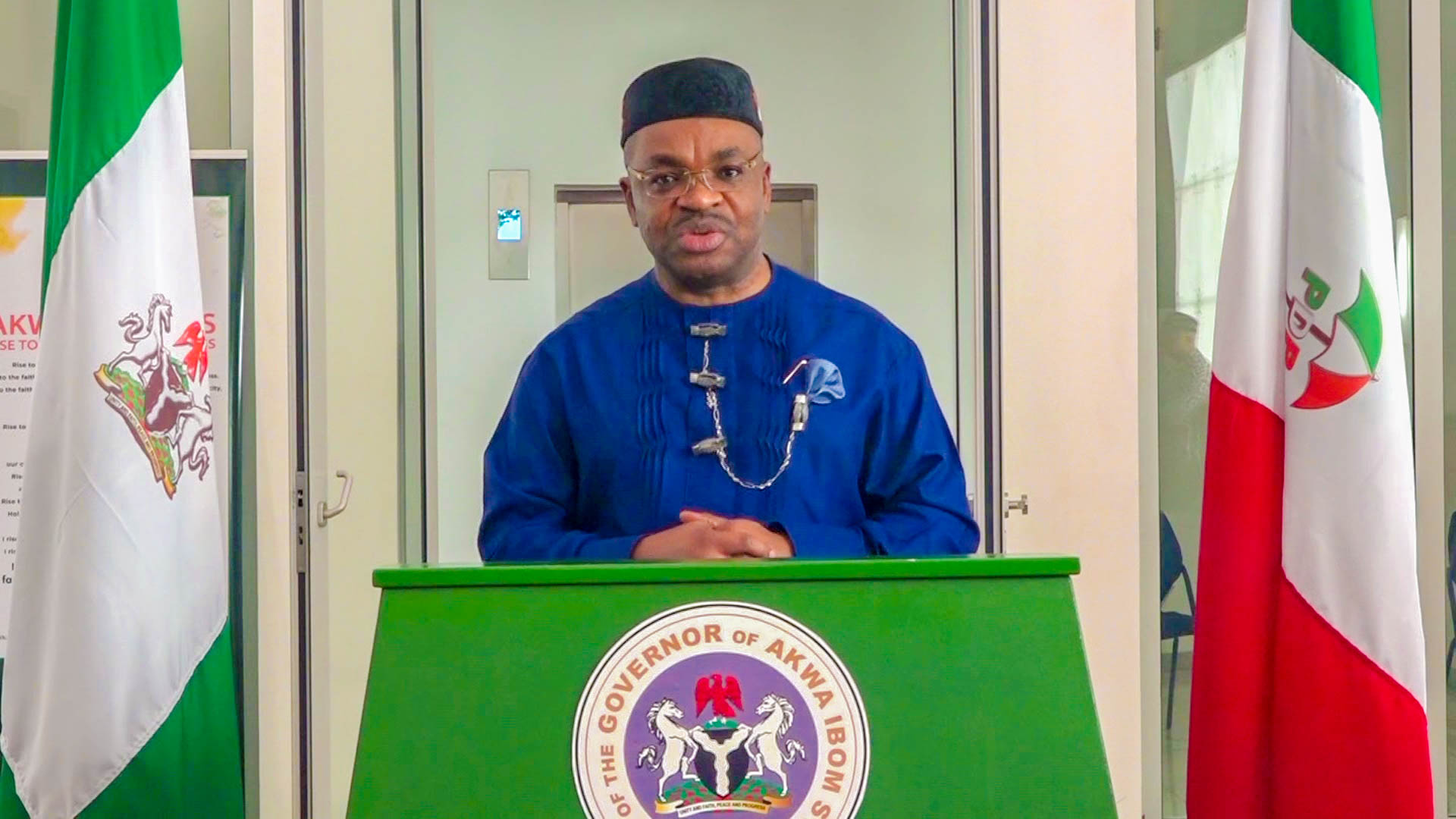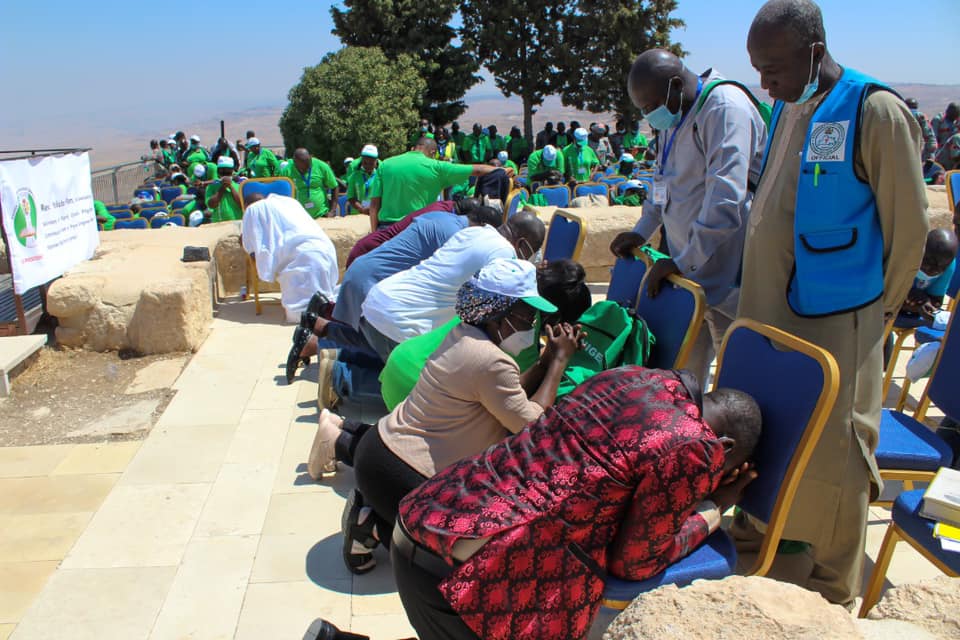The African Union (AU) has made a mistake by admitting a “non-state” entity, former Prime Minister of the Democratic Republic of Congo (DRC), Samy Badibanga, has said.
Badibanga said this in Kinshasa, capital of Congo, on Friday.
He said the AU made a mistake by no longer respecting its texts.
He spoke on the sidelines of a seminar organised Friday by the Public Affairs Cabinet (BM Patners), under the theme “The African Union in the light of the Sahara issue: how to move from a dynamic of failure to a final solution serving African unity”.
Advertisement
He said it is not possible to project oneself into an African future in the presence of this small group.
The former prime minister said the real discussions will have to take place between Morocco and Algeria and not with this “non-State” entity.
In addition, the former Congolese Prime Minister commended the “real success” of Moroccan diplomacy as evidenced by the large number of countries which have opened consulates general in Dakhla and Laayoune.
Advertisement
“HM King Mohammed VI has a vision and an approach that could effectively allow all disputes with Algeria over the Moroccan Sahara to be settled,” he said, noting that the Sovereign’s approach is based on full investment in the southern provinces for the development of the country as a whole,” he said.
“Today I do not see the population of the southern provinces complaining of being left out of the development of Morocco,” he said.
“Through several initiatives, in particular the Port of Dakhla, the Kingdom continues to move even closer to sub-Saharan Africa to ensure the prosperity of the entire region.”
The seminar brought together about 60 participants and 30 speakers from five countries of the sub-region, namely Angola, Cameroon, Gabon, DRC and Zambia.
Advertisement
Speakers included politicians, experts and academics, economists and representatives of the private sector, members of Think Tanks and eminent members of civil society.
Add a comment






